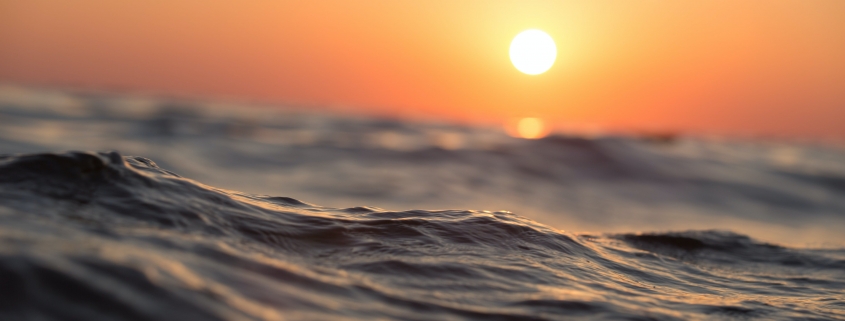Project to predict and manage marine heatwave threats
Scientific experts from around Australia will work together on a major new UN-endorsed research project that aims to better forecast and respond to extreme marine heatwaves, as warnings mount that the devastating events will become more frequent and severe.
Lead scientist Professor Nicole Jones, from The University of Western Australia, said the project would uncover new data as well as gather historical information.
“These marine heatwaves have had a serious ecological and economic impact on the state in recent decades including the loss of coral, kelp and seagrass,” Professor Jones said.
“We have seen an impact on fisheries and there are also long-term changes to the function of the various ecosystems.”
The Western Australian Marine Science Institution will manage the project, ‘Advancing predictions of Western Australian marine heatwaves and impacts on marine ecosystems’ with funding from the Department of Jobs, Tourism, Science and Innovation. The project was recently endorsed as part of the UN Decade of Ocean Science for Sustainable Development 2021-2030.
The multi-disciplinary project team of 26 includes researchers in oceanography, marine ecology, atmospheric science and data science.
“Our key aim is to develop tools to efficiently create seasonal forecasts of ocean temperature and the associated habitat response to marine heatwave events for the coastal ocean. This information can be used to manage responses to future marine heatwave events,” Professor Jones said.
The project also aims to identify areas most at risk from marine heatwaves and those that are more likely to be resilient.
WAMSI Chief Executive Officer Dr Luke Twomey said the four-year project was an important one for WA.
“This will help the WA Government agencies make management decisions for the marine environment threatened by marine heatwaves,” Dr Twomey said.
Project scientists come from organisations including Bureau of Meteorology, Curtin University, Department of Biodiversity, Conservation and Attractions, Department of Primary Industries and Regional Development, Edith Cowan University, Murdoch University, and UWA.
The project is also funded by the Indian Ocean Marine Research Centre Strategic Infrastructure Investment Fund, the Jock Clough Marine Foundation and Fisheries Research and Development Corporation.

